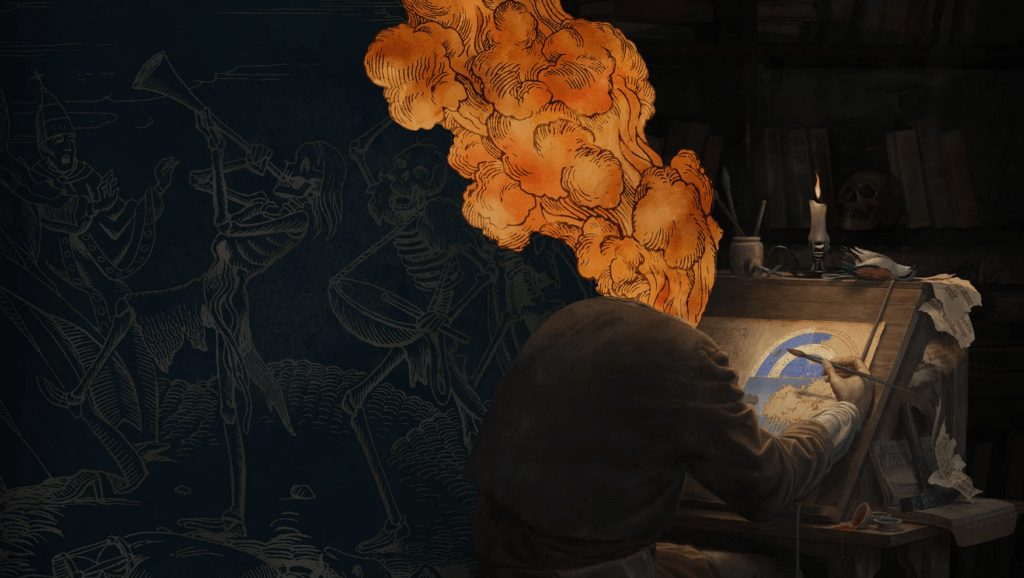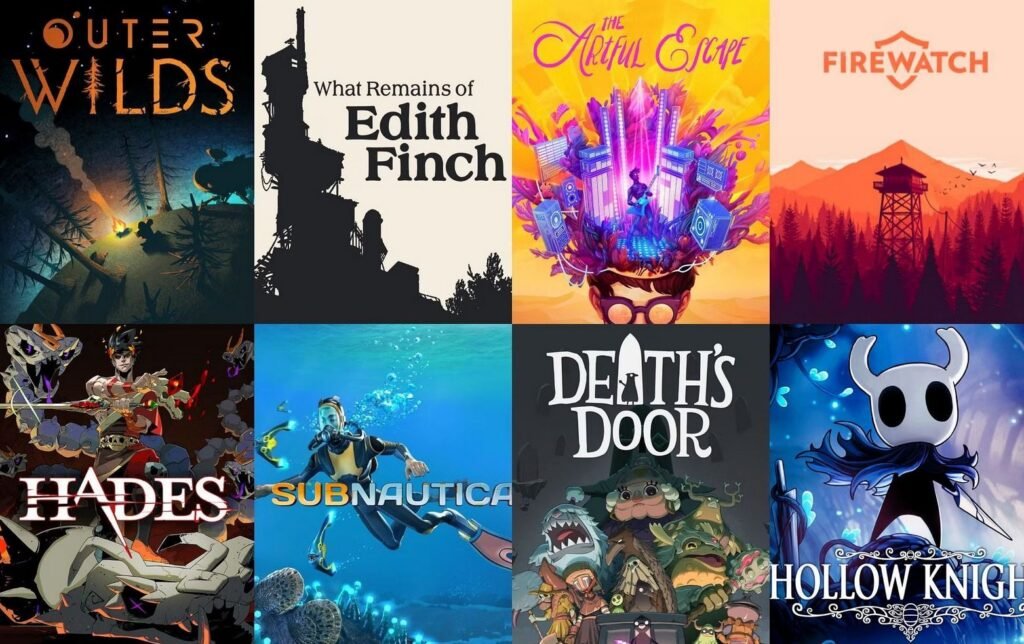The way AAA gaming is moving requires big companies to hire fresh game devs, just to set them on projects that take years to finish. It would be better to get them started with smaller games. This would help them get familiar with the process faster. Instead, they’re tunnel-visioned into a few parts of a larger whole. This makes it harder to learn the inside out of that studios’ process. Perhaps companies want to keep new game devs in the dark? Or perhaps just want them in for one project before their let go? Whatever the case may be, we need a healthier environment for such talented game devs to shine.

Brilliant Games with Limited Game Devs
I believe one great example of this is Obsidian Entertainment’s Pentiment. While I’m not sure if the events went exactly about what I said, it’s a good indicator. Pentiment was a shorter game. Obsidian is already working on Avowed and The Outer Worlds 2, which means they’d have needed a much smaller team for Pentiment. Only 13 people made Pentiment.
This means that one smaller creative project allowed Obsidian (and Microsoft for that matter) to train aspiring game devs, designs, writers alike – while delivering on a passion project. This means that these devs can now create quests like their own miniature games. This reminds me of Baldur’s Gate 3 where everything feels like it fits a puzzle. Every action feels like it leads to something bigger, something better.
Games need to be designed the same way they’re played. We need a sense of vision and immersion in the process. It’s when game devs are given such creation autonomy that they’re able to work without constraints. Sometimes the biggest constraints are the ones we put on ourselves due to other external hindrances. This creates a series of blocks that makes any process less creative and fun. We witness this in recent AAA game releases.
Especially, the ones made by Sony. Sure, we get polished Sony games. But those games are just one big game that fits together. Yet games should be built how they’re played, where each event plays like its own game. Game devs work best when they’re given creative autonomy to make what they’re excited about. This usually would work in groups of smaller teams where they work on something they’re passionate about.
Let’s take It Takes 2 which was a medium sized game. Every level and sequence felt like a smaller game. It’s a type of design where every corner feels fresh. Where the vision is to make every visit a fresh experience. It keeps you engaged by giving you new mechanics to try. You know you’re going to lose them. But that sense of stakes makes it fun. You must make the most of them, but it still feels good at you’ll be getting something else that’s cool in return. It makes every moment memorable!
If you enjoyed this take on game design, do check out Poggers Memes’ review on Alan Wake 2 or our thoughts on Jujutsu Kaisen season 2.
